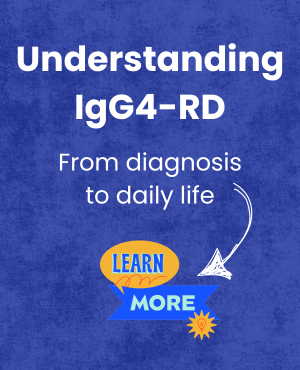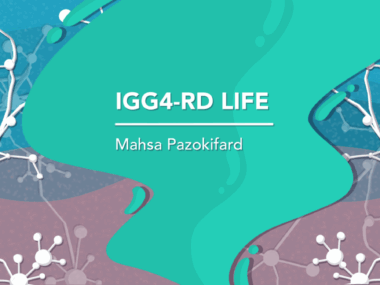Sanofi’s Rilzabrutinib earns orphan drug status in EU for IgG4-RD
Potential treatment shown to reduce flares in clinical trial
Written by |

The European Medicines Agency has granted orphan drug designation to Sanofi’s rilzabrutinib as a potential treatment for immunoglobulin G4-related disease (IgG4-RD), according to a company press release.
Orphan drug status is meant to support the development of potential treatments for life-threatening or chronically debilitating rare diseases for which there might not otherwise be an economic incentive to do so. In the European Union (EU), that means diseases affecting fewer than five in 10,000 people. The status also provides developer Sanofi access to scientific advice and reduced fees, as well as market exclusivity should rilzabrutinib ultimately be approved.
Rilzabrutinib earned orphan drug status following the presentation of promising top-line data from a completed Phase 2a clinical trial (NCT04520451) in June. These results showed that the experimental treatment led to reductions in IgG4-RD flares while also reducing the need of glucocorticoids, a standard treatment linked to serious side effects when used over a long period.
The experimental therapy has also received orphan drug and fast track designations in the U.S. for the same indication, with the aim of accelerating rilzabrutinib’s development and regulatory review.
Rilazabrutinib blocks key protein to help suppress immune dysfunction
IgG4-RD is caused by overactive immune cells, including B-cells, infiltrating tissues. This leads to inflammation, scarring, and the formation of tumor-like masses. Depending on which organs and systems are impacted by this damage, symptoms may vary broadly.
First-line treatment typically involves glucocorticoids, a type of medication that helps reduce inflammation and suppress immune activity. However, long-term glucocorticoid use may lead to serious side effects, so people with IgG4-RD typically taper off the medication. Even with treatment, disruptive flares of returning or worsening symptoms can occur, potentially leading to more serious damage.
Rilazabrutinib may offer people with IgG4-RD a way to reduce these flares, according to Sanofi. The oral medication blocks Bruton’s tyrosine kinase (BTK), a protein that helps B-cells and other immune cells work properly. Sanofi expects this to suppress the immune dysfunction that causes IgG4-RD, ultimately easing symptoms and preventing further tissue damage.
Majority of participants flare-free at study’s end
The Phase 2a trial assessed rilzabrutinib’s safety, tolerability, and ability to prevent flares in 27 adults with IgG4-RD. Most participants received twice-daily 400 mg tablets of rilzabrutinib alongside standard tapering glucocorticoids for four weeks. After this, they were on rilzabrutinib alone for up to 52 weeks, or about one year.
According to the submitted abstract for a presentation at the European Alliance of Associations for Rheumatology conference in June, trial results showed that the treatment was broadly effective. At the end of the study, 70% of participants were flare-free without additional treatments with glucocorticoids or other immunosuppressive treatments after glucocorticoid discontinuation.
There were also clinically meaningful reductions in disease activity, as assessed with the validated IgG4-RD responder index. Some of these changes occurred as early as week 12, or about three months, and were sustained for up to one year.
Rilzabrutinib was generally found to be safe. The most common adverse events included diarrhea, COVID-19, dizziness, dry mouth, and nausea, with most of these being self-resolving and mild in severity.
The company is developing rilzabrutinib as a potential treatmentforf several other immune-related conditions. Regulators in the U.S., the EU, and China are currently reviewing the medication for use in immune thrombocytopenia, an autoimmune bleeding disorder.








